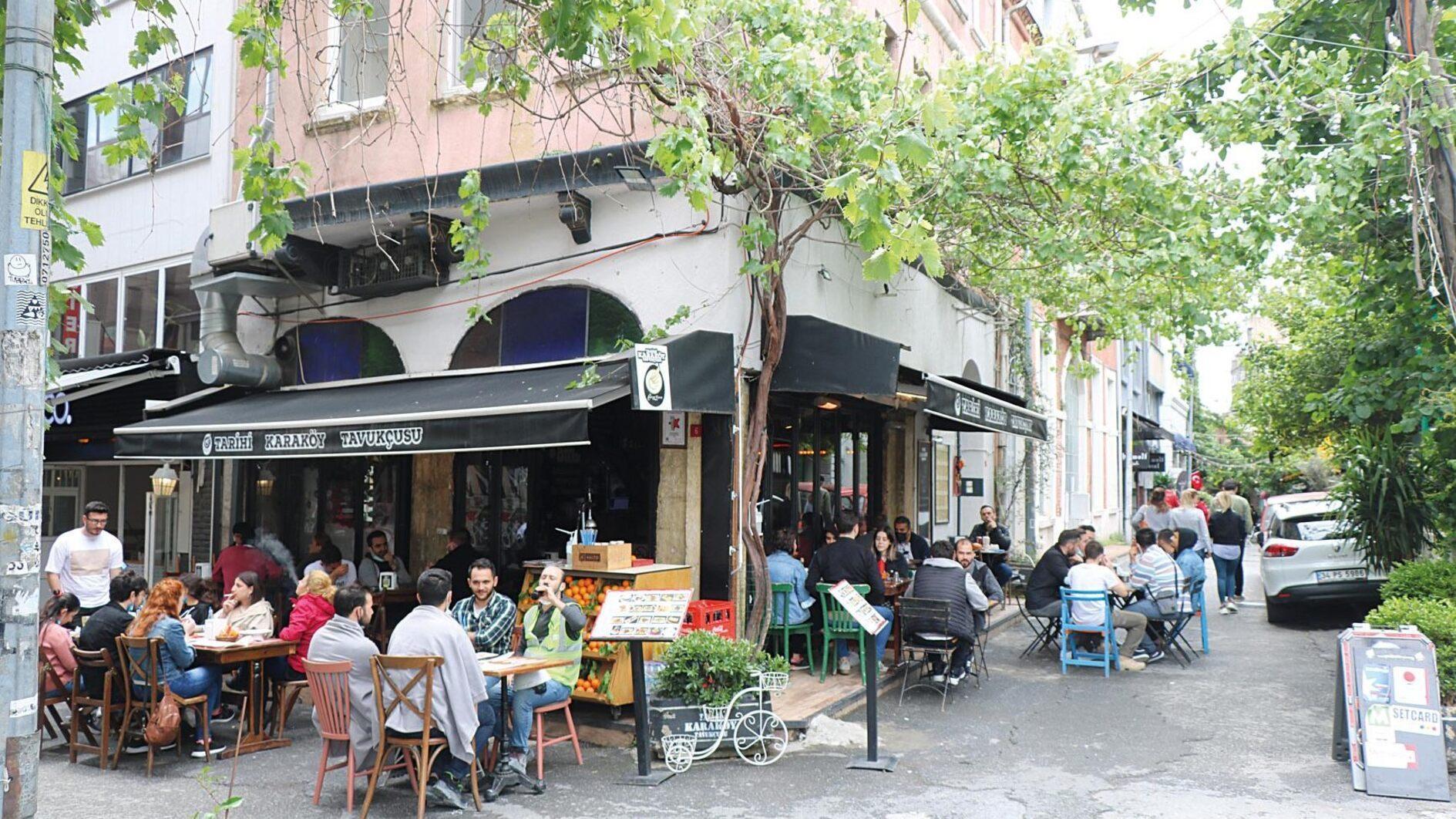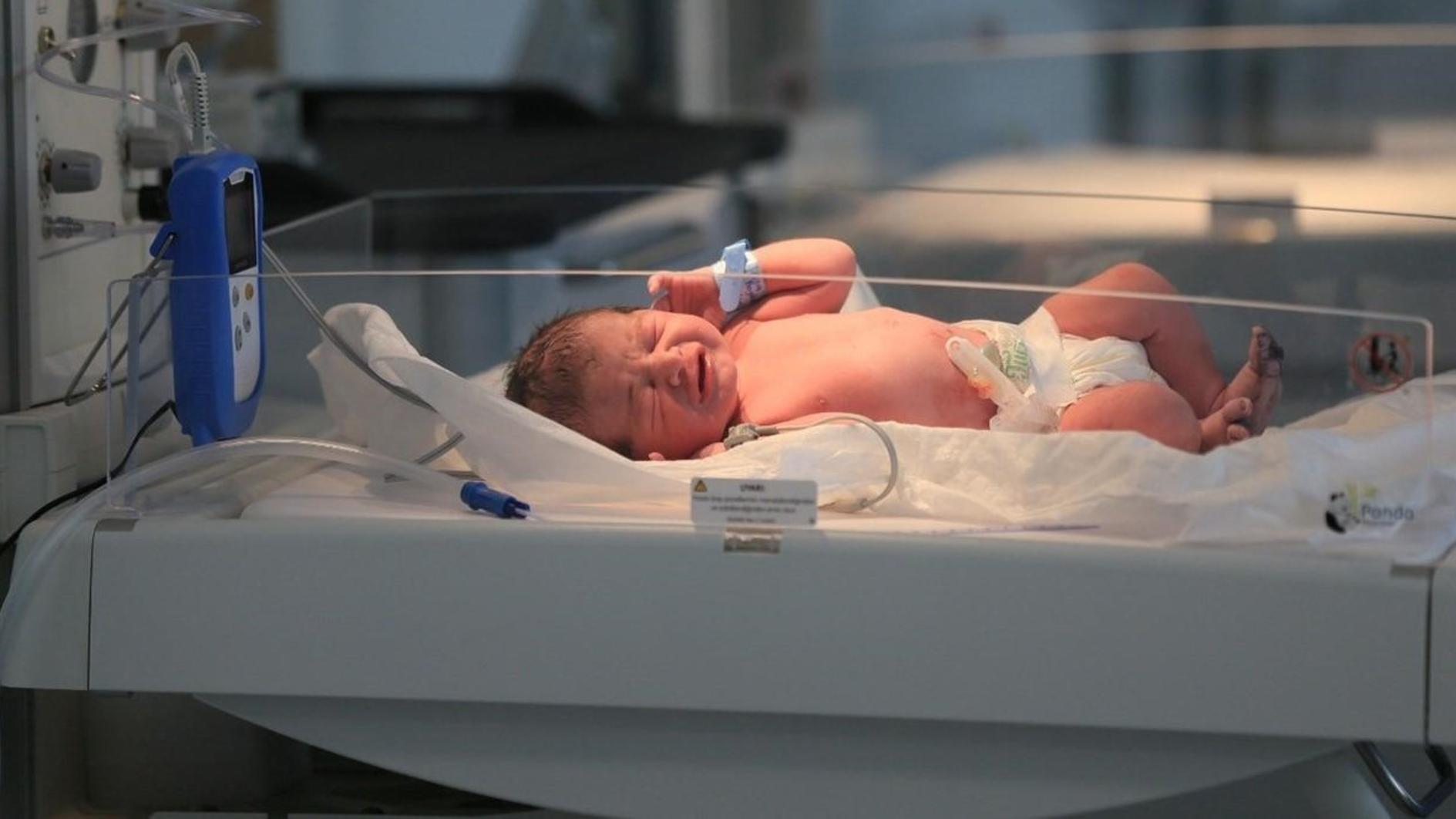AKP lacks Gülenists’ PR skills
“Gülen schools are the best educational institutions in certain countries. There have never been complaints about them. In addition, Gülenists have been preaching for peace, interfaith dialogue and respect for non-Muslim minorities. And they have never resorted to violence. How can we call them terrorists all of a sudden?” is a question I come across in Western circles.
Indeed, some of the Gülenists I had come to know always impressed me with their language stills, moderate rhetoric and soft-spoken manners. In a world terrorized by Islamist radicals, Gülenists’ very convincing portrayal of themselves as the moderate face of Islam came as music to the ears.
And that too shows the professionalism in their strategy.
The outside world is only now beginning to see the violent and dark side of Gülenists. We in Turkey however experienced their “terror” long before the failed coup. One may call it “psychological terror.”
They stage managed the Ergenekon, Sledgehammer and other sham trials which sent thousands of soldiers and civilians (including journalists) to jail. They were involved in evidence fabrication, illegal wiretapping and smear campaigns via their media outlets (Gülen media used to say journalists were not in jail because of journalism. Today, even those who have been the target of Gülenists say those journalists who worked in the Gülen media outlets should be set free unless there was clear cut evidence proving their involvement in the coup).
Many people in civil service were harassed, subjected to mobbing and forced to quit.
Back then, the outside world did not want to see the dark face of Gülenists, assuming that those trials would weaken the old establishment, the role of the military in civilian life and therefore consolidating democracy (…and yes, under the leadership of President Recep Tayyip Erdoğan).
Why did they get violent? Simply because they saw an existential threat and took a preemptive strike. And they thought the coup would be welcomed both inside by the die-hard opponents of the Justice and Development Party (AKP) and Erdoğan, and outside, where Erdoğan has become an object of hate.
Over the years, the Gülenists established an admirable web of relationships and excelled at public relations, so much that the AKP preferred to rely on them in their contacts abroad rather than Turkish diplomatic missions.
The Turkish government therefore needs to understand the confusion in foreign circles and address it accordingly. Yet it has led a very poor communication strategy. It seems that in the course of the past three years since 2013, which the government sees as the turning point, the AKP’s elites have not filled the PR vacuum that came along with the break with the Gülenists.
The rhetoric of Turkish officials doesn’t go beyond:
A) We are disappointed in you.
B) What would you have felt if your parliament was bombed?
C) What the Islamic State of Iraq and the Levant (ISIL) is to you, Gülenists are to us (I am not even sure whether it is wise to make this comparison).
Apparently foreign investors are given books weighing more than 10 kilos (!) with a big picture of Fethullah Gülen (what an advertisement) and plenty of pictures about bombed places in Ankara and Istanbul. I am wondering: Who is the “upper mind” in the AKP giving the stupid advice to show pictures of bombed cities in Turkey to convince international business circles that they should come and invest? Bombs and investment don’t make a good pair!
But the challenge the Turkish government faces is much bigger that filling the vacuum left by Gülenists. The anti-Gülenist purge has gotten so out of control that even the best communication strategists will have a hard time convincing world public opinion. The draconian measures and injustices that come along with them are like a bullet in the foot. If the AKP’s strategy is to create chaos and think that in that dust those within its own cadres implicated with the Gülenists will be forgotten…
A) This will not save the AKP from being held accountable and,
B) It will further deteriorate its tarnished image abroad.











